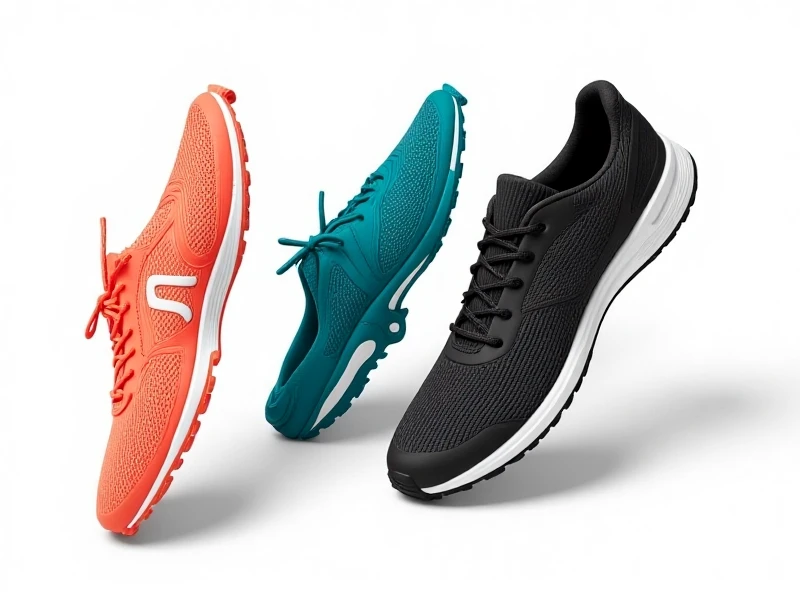
Finding Your Perfect Pair of Running Shoes
Here is the SEO-optimized article about running shoes:
Every runner understands the transformative power of the right running shoes. They're not just footwear; they're the critical interface between you and the ground, significantly impacting comfort, performance, and injury prevention. Choosing correctly can elevate your runs from a chore to a joy.
The sheer variety of options available can feel overwhelming. Different shoes cater to specific needs, and understanding these distinctions is key. Here’s what smart shoppers consider before investing:
- Your Foot Type & Gait: This is foundational. Do you overpronate (your foot rolls inward excessively), underpronate (rolls outward), or have a neutral stride? Visiting a dedicated running store for gait analysis provides invaluable insights. Look for shoes designed for neutral runners, stability, or motion control based on your specific gait pattern.
- Running Terrain: Are you primarily hitting the roads, smooth trails, or rugged paths? Road running shoes prioritize cushioning and response for hard surfaces. Trail running shoes offer aggressive tread patterns for superior grip, reinforced uppers for protection, and often extra stability on uneven ground. Some versatile models blend features for mixed surfaces.
- Level of Cushioning: Preferences vary widely. Do you crave maximum cushioning for long-distance comfort and impact absorption? Or do you prefer a more minimalist, responsive feel that promotes ground contact? Brands create gradients – max cushion, regular cushion, lightweight – often using proprietary midsole technologies like foam compounds for energy return.
- Fit is Non-Negotiable: Running shoes often fit differently than casual sneakers. They need room for natural foot swelling during runs. Ensure adequate toe space (about a thumbnail's width), a secure but not tight midfoot hold, and a comfortable heel counter preventing slippage. Trying shoes on late afternoon, ideally with running socks, and testing them thoroughly on a treadmill or surface is crucial. Breathability via mesh uppers is also essential for comfort.
Investing time in finding shoes matching your individual biomechanics and goals pays off immensely. Proper running footwear reduces the risk of common injuries like shin splints and plantar fasciitis while enhancing running efficiency. You'll enjoy more comfortable miles and potentially discover performance gains.